Are you in over your head in debt? Are you struggling to make ends meet because of a high interest rate on your credit cards? If you are, don’t worry, you’re not alone. Many people find themselves in financial trouble at some point in their lives. The good news is there is a way out – debt management plan.
A Debt Management Plan (DMP) is a simple and effective way to manage your debts. It is a repayment plan tailored to fit your specific financial situation. A DMP is not a loan; it is a structured monthly payment plan that consolidates all of your debts into one manageable payment. In this post, we will guide you through a beginner’s guide to debt management plan.

What Is A Debt Management Plan?
As the name implies, a debt management plan is a plan that helps you manage your debt. It is an agreement between you and your creditors to pay your debts over time. Instead of making multiple payments to different creditors, you make one monthly payment to a debt management company or a credit counselings agency that will distribute your payments to your creditors.
Debt management plans are not the same as debt settlements or debt consolidation loans. A debt settlement involves negotiating with your creditors to reduce your debt, while a debt consolidation loan involves taking out a new loan to pay off your existing debts.
How Does It Work?
When you enroll in a debt management plan, you will work with a credit counselling agency or a debt management company to create a budget and a repayment plan. The creditor will then agree to accept a reduced monthly payment. The reduced payment could be a result of lower interest rates or other arrangements the counselling agency has worked out with your creditors.
Once your creditors have agreed to the reduced monthly payment, you will make a single monthly payment to the credit counselling agency or the debt management company. They will, in turn, distribute the payments to your creditors.
A DMP typically lasts for three to five years, after which your debts will be paid off. However, the length of your DMP may vary depending on the amount of debt you have and the monthly payment you can afford.
Who Can Benefit From A Debt Management Plan?
A debt management plan is beneficial to anyone struggling with debt. You may benefit from a DMP if:
- You are struggling to make your minimum payments on your debts
- You have multiple debts with high-interest rates
- You are receiving calls from collection agencies
- You are close to or have already missed payments on your debts
- You are unable to pay your bills on time
A DMP is also suitable for individuals who want to simplify their financial situation. A debt management plan can help you consolidate your bills and improve your credit score.
Pros and Cons of Debt Management Plan
Like any financial decision, there are pros and cons to a debt management plan. Here are some of the advantages and disadvantages of a debt management plan:
Pros
- A debt management plan can help you consolidate your debts into one manageable payment
- It can help reduce your interest rates and monthly payments
- You will have a structured plan to pay off your debts
- It can stop collection calls and other collection actions
- It can help improve your credit score
- It can help you stay on track with your payments
Cons
- Enrolment in a debt management plan may affect your credit score
- You may have to close your credit card accounts, which could affect your credit utilization ratio
- It may take longer to pay off your debts compared to other debt relief options
- You will be required to make monthly payments, which could be a challenge for some people
- You may still receive calls from some of your creditors who are not part of the debt management plan.
How to Set Up A Debt Management Plan
Setting up a debt management plan is straightforward. Here are the steps you need to take:
- Find a credit counselling agency or a debt management company. There are many reputable credit counselling agencies and debt management companies out there. Do your research and choose one that is accredited by the National Foundation for Credit Counselling (NFCC) or the Financial Counselling Association of America (FCAA).
- Schedule an appointment with the credit counselling agency or the debt management company and provide information on your debts and financial situation.
- The credit counselling agency or the debt management company will work with your creditors to reduce your interest rates and monthly payments.
- Once the creditor agrees to the reduced monthly payment, you will make one monthly payment to the credit counselling agency or the debt management company.
- The credit counselling agency or the debt management company will then distribute the payments to your creditors.
- Stick to the debt management plan and make your monthly payments on time.
A debt management plan is one of the most effective ways to manage your debts. However, it is not a one-size-fits-all solution. It is important to explore all your options and choose the one that is best for your financial situation.
If you are struggling with debt, a debt management plan may be right for you. It will help you consolidate your debts and provide a structured plan to pay them off over time. So, take the necessary steps to gain financial freedom and seek the help of a reputable credit counselling agency or a debt management company today.
Learn how to manage your finances by reading our blog post.

